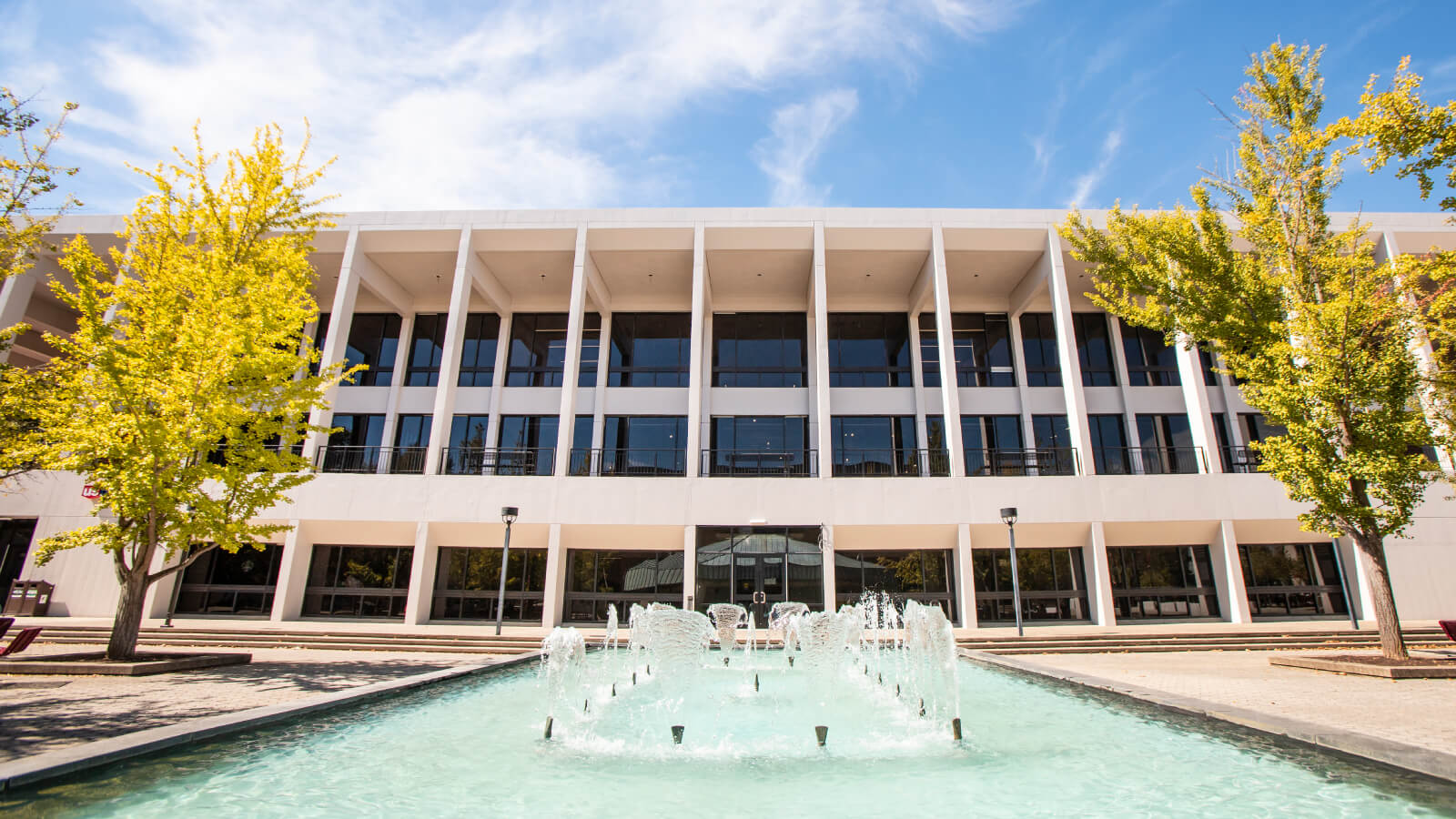
Office of Military & Veteran Affairs
Powell Building
Room 137
859-622-2345
Fax: 859-622-5076
ekuvets@eku.edu
Office of Military & Veteran Affairs
As part of Eastern Kentucky University’s overall Strategic Plan, we recognize the unique social and cultural perspective that the veteran and military community brings to our campus. EKU is committed to serving these students while ensuring strict adherence and compliance with federal and state regulations, from the admissions process to graduation and beyond.
EKU strictly bans the use of commissions, bonuses, or other incentive payment programs given to employees or contractors for the purpose of securing enrollments of service members. In addition, EKU refrains from high-pressure recruitment tactics to include making multiple unsolicited contacts via phone, email, or in-person, and engaging in same-day recruitment and registration for the purpose of securing service member enrollments.

